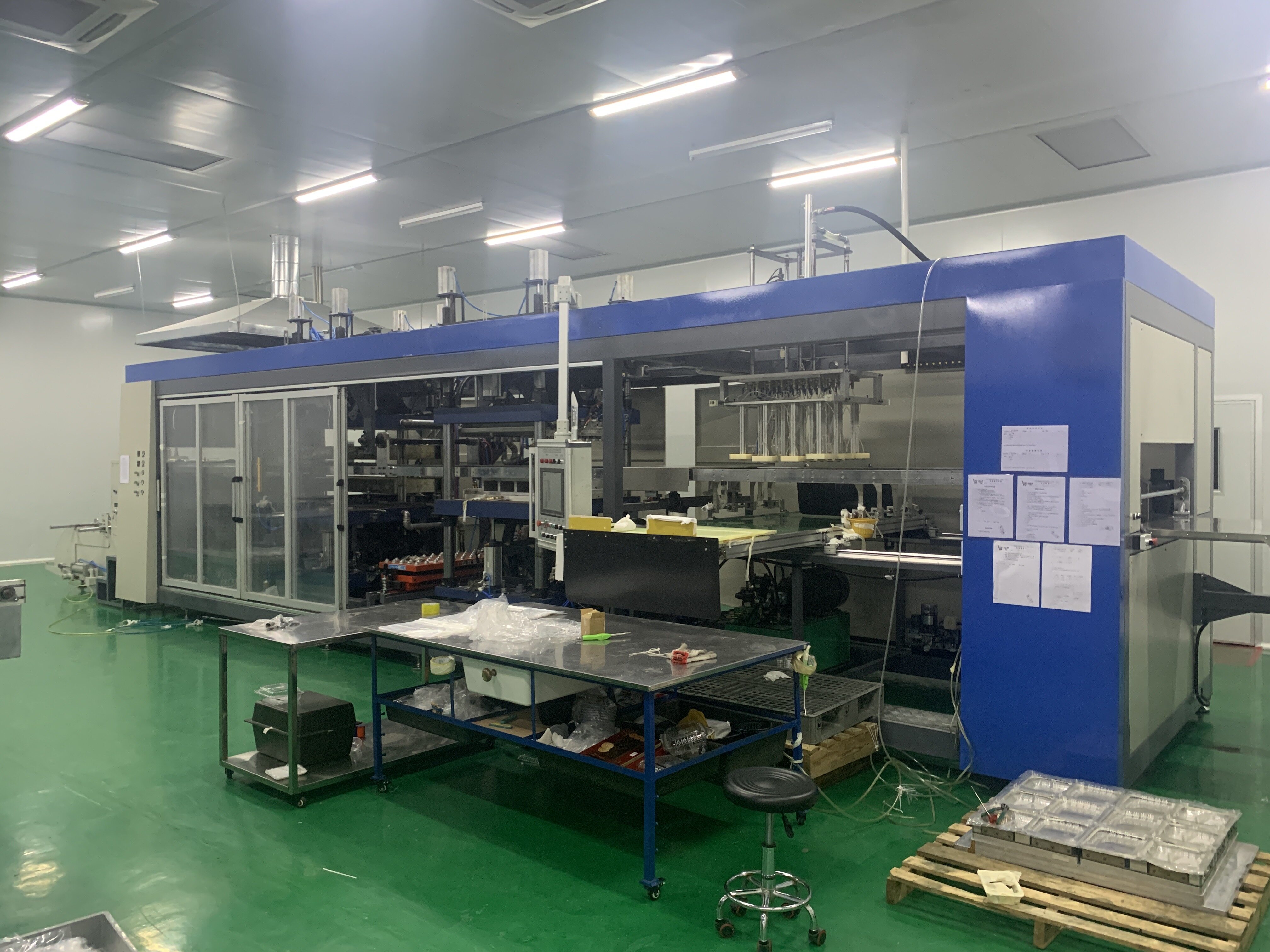Ensuring Quality Control and Food Safety in China's Disposable Lunch Box Factories
Introduction
China's disposable lunch box industry has experienced remarkable growth in recent years, driven by factors such as urbanization, changing lifestyles, and the increasing demand for convenient food packaging solutions. However, with this growth comes the critical responsibility of ensuring product quality and food safety standards are met. In this article, we delve into the measures taken by disposable lunch box factories in China to uphold these standards, including inspections, certifications, and adherence to hygiene protocols.
Quality Control Measures in Chinese Disposable Lunch Box Factories
Implementing robust quality management systems is paramount to guaranteeing the quality of disposable lunch boxes. Many factories adhere to international standards such as ISO certifications, which provide guidelines for quality control processes. These standards encompass aspects such as material sourcing, manufacturing processes, and final product inspection. Additionally, internal quality control protocols are established within factories to maintain consistency and reliability in product quality.
Material sourcing and testing form another crucial aspect of quality control. Chinese disposable lunch box factories prioritize the use of food-grade materials to ensure the safety of their products. Rigorous testing is conducted to screen for contaminants and harmful substances, mitigating the risks associated with food contact materials.
Adherence to Food Safety Standards
Compliance with regulatory requirements is a cornerstone of food safety in China's disposable lunch box industry. Factories must adhere to Chinese food safety laws and regulations, which set standards for hygiene, manufacturing practices, and product labeling. Moreover, they may need to meet international standards prescribed by entities like the Food and Drug Administration (FDA) or the European Union (EU) to access global markets.
Hygiene practices and facility sanitation play a pivotal role in preventing contamination and ensuring food safety. Disposable lunch box factories implement strict protocols for maintaining sanitary production environments. Regular cleaning and disinfection routines are conducted to uphold hygiene standards and minimize the risk of foodborne illnesses.
Inspection Processes and Quality Assurance
Effective quality assurance mechanisms are essential for detecting and addressing any deviations from desired quality standards. In-house quality inspections are conducted throughout the manufacturing process, encompassing visual checks of finished products and random sampling for testing purposes. These inspections help identify potential defects or inconsistencies early on, enabling prompt corrective action.
Third-party audits and certifications provide an additional layer of assurance regarding product quality and food safety. Regulatory agencies and certification bodies conduct external audits to evaluate compliance with established standards and protocols. Achieving certifications demonstrates a commitment to quality and instills confidence among consumers and business partners.
Continuous Improvement and Risk Mitigation
Continuous improvement is integral to maintaining high standards of quality control and food safety. Disposable lunch box factories actively solicit feedback from customers and stakeholders to identify areas for improvement. Corrective and preventive actions (CAPA) are implemented to address any issues or deficiencies identified during inspections or audits.
Supply chain traceability and transparency are increasingly emphasized as part of risk mitigation strategies. Factories track the origins of raw materials and components to ensure their safety and quality. Supplier audits and risk assessments help identify and mitigate potential risks within the supply chain, safeguarding the integrity of the final product.
Challenges and Future Trends
Despite significant progress in quality control and food safety, challenges persist in China's disposable lunch box industry. Rapid technological advancements and evolving consumer preferences present ongoing challenges that require adaptation and innovation. Furthermore, sustainability considerations are gaining prominence, necessitating the integration of sustainable practices into quality control processes.
Looking ahead, the industry is poised to witness further advancements in quality assurance technologies and practices. Embracing these innovations while addressing emerging challenges will be crucial for sustaining growth and ensuring the continued trust of consumers and stakeholders.
Conclusion
In conclusion, ensuring quality control and food safety in China's disposable lunch box factories is a multifaceted endeavor that requires diligence, adherence to standards, and continuous improvement. By implementing robust quality management systems, adhering to food safety standards, and embracing innovation, these factories are committed to delivering safe and reliable products to consumers worldwide. As the industry evolves, the focus on quality control and food safety will remain paramount, driving ongoing efforts to uphold the highest standards of excellence.


